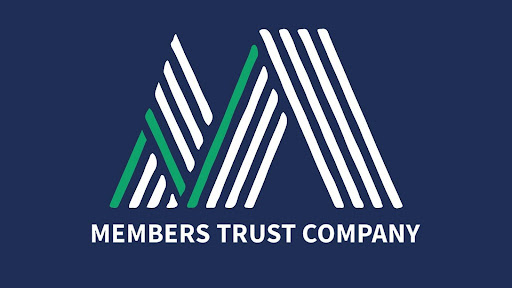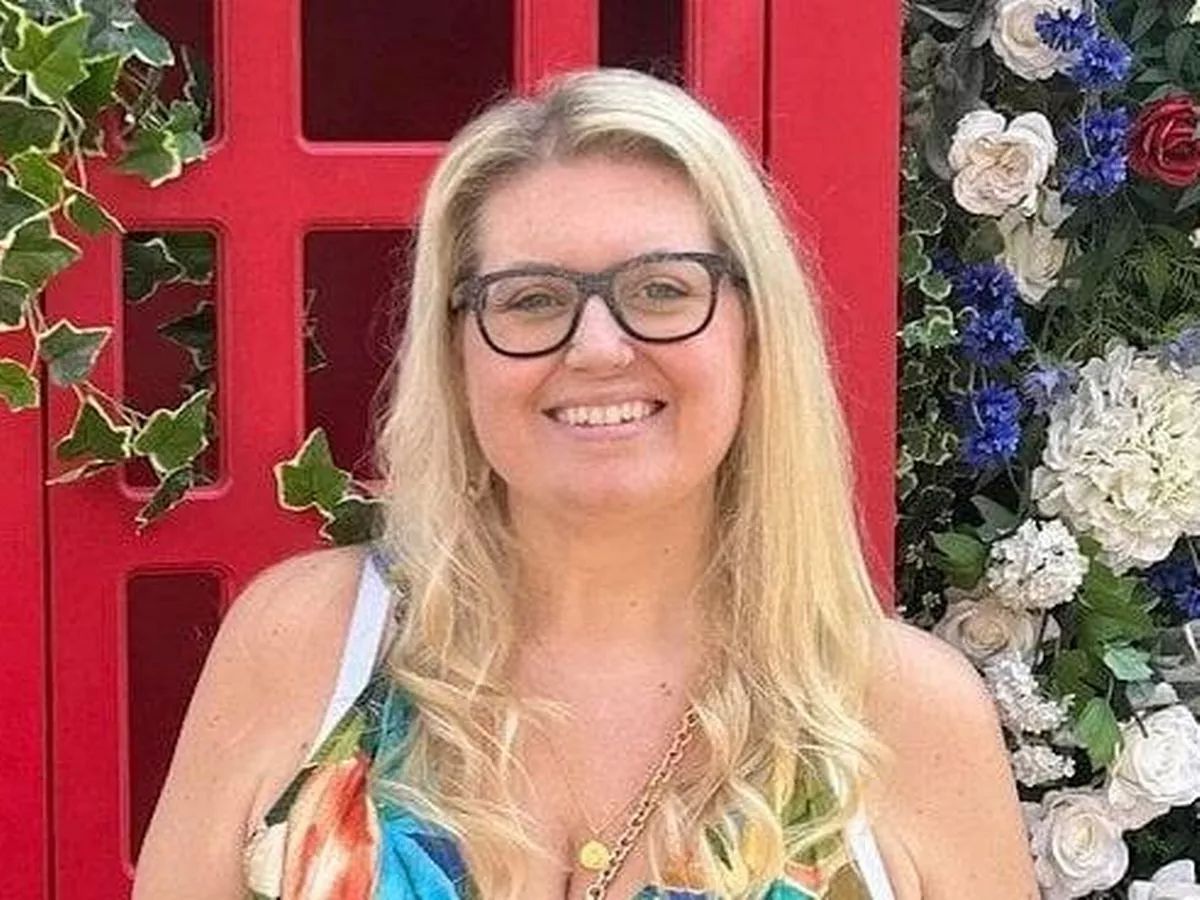Preparing Families for the Greatest Handoff: Longevity, Adaptation, and the Role of Members Trust Company

An era defined by longer lives and faster change is colliding with the largest intergenerational transfer of wealth in history. As Americans live longer and accumulate more complex portfolios, families and advisors must adapt not only to new asset types but to different expectations about how wealth is managed and communicated. Longevity extends responsibility; adaptation turns responsibility into opportunity; and the coming generational wealth transfer will reward those who prepare thoughtfully.
Members Trust Company, a national trust and wealth management firm, leverages nearly four decades of fiduciary experience to set the next generation up for success. It combines institutional rigor and relationship-driven service to help ensure heirs inherit clarity as well as capital.
The firm acknowledges that the landscape is both enormous and uneven. It’s estimated that $84.4 trillion in wealth will be transferred through 2045, the bulk coming from the Baby Boomer cohort. “The problem is that basic preparedness is startlingly low,” says President and CEO Kenneth Lako.
Reports show that around 31% of Americans have a will, only 11% have a trust, and some 55% have no estate planning documents at all. “These two facts together, an immense transfer of assets and a widespread absence of planning, creating a predictable but avoidable crisis unless trusted advisers and corporate trustees step in,” Lako adds.
Technology and asset innovation are amplifying the challenge. As Members Trust Company has observed, clients now expect real-time information and remote access. Many U.S. consumers increasingly turn to mobile banking apps as their main channel, and wealth platforms are often viewed as much for their digital experience as for their performance.
Consequently, the range of investible assets has expanded significantly. Exchange-traded funds are a popular way for investors to access markets at low cost and with added flexibility. Meanwhile, actively managed and more specialized vehicles are carving out space of their own.
Digital assets, including cryptocurrencies, have also drawn considerable interest, particularly from younger generations, although adoption overall is still uneven. What’s clear is that alternative assets are no longer limited to a small circle of specialists.
That combination matters. Wealth is no longer a simple portfolio in a wooden conference room. It’s a mosaic of liquid ETFs, private interests, digital tokens, retirement accounts, and charitable vehicles. Each carries different legal, tax, and operational implications.
Lako states, “This transfer isn’t a single event you can paper over with forms; it’s a multi-decade test of whether families and advisors can translate assets into purpose without fracturing relationships.” He notes that the tools exist, but the human work, from education to clear documentation and disciplined administration, must precede the handoff.
Members Trust Company situates itself at that intersection of history and change. Founded in 1987, the firm combines an OCC trust charter and nationwide reach with a client-owned structure, rooted in a people-centric culture with high-value service. That hybrid provides the firm with credentialed investment teams, seasoned trust attorneys, and scalable operational systems, while preserving the care and accessibility clients expect from relationship firms.
Its service model spans corporate trusteeship, directed and delegated trust administration, institutional asset management, and customized wealth solutions such as trusteed IRAs and charitable donation account strategies. The result is an ability to serve credit unions, RIAs, broker-dealers, and individual families across 50 states through local partnerships and digital delivery.
Where many firms offer confusion, Members Trust Company sells clarity. Its “Main Street values, Wall Street expertise” philosophy codifies a dual promise to protect families from preventable conflict and to steward modern portfolios that include ETFs, private placements, and specialty assets.
“Historically, we would offer fine china during formal meetings, but the next generation is telling us they want an app and Zoom call,” says Lako. “Our job is to meet them there without losing the rigor that protects their legacy.” That combination of empathy and expertise matters when a single oversight can trigger litigation or deplete wealth intended for future generations.
Practical solutions are simple in concept but complex in execution. Members Trust Company provides modern estate planning tools, such as revocable living trusts and flexible retirement structures, along with corporate trustee services that help minimize family conflict. Delegated trust models make it possible to hire professional trust administrators while retaining preferred financial advisors.
On the investment side, strategies balance liquid, tax-efficient vehicles with measured access to alternative assets. With guidance from Members Trust Company, families can align legal frameworks with the digital expectations of heirs, transforming uncertainty into an orderly legacy.
Ultimately, the coming generational transfer is both a responsibility and an opening to preserve harmony, align capital with purpose, and modernize how fiduciary care is delivered. “If experience is our currency, then clarity is the legacy we must give the next generation,” Lako says. “Preparation buys families the gift no market can: time to focus on values rather than survival.” Members Trust Company aims to turn that philosophy into practice, combining nearly 40 years of trust custody and investment experience with the digital fluency and partnership model today’s families require.



